[su_note note_color=”#ffe3e6″]This post contains affiliate links. Affiliate disclosure: As an Amazon Associate, we may earn commissions from qualifying purchases from Amazon.com and other Amazon websites.[/su_note]
Virginia Woolf once wrote, “One cannot think well, love well, sleep well, if one has not dined well.” Such a truth is self-evident. Common sense may dictate that diets affect waistlines, but we also know that’s only one side of the story. How and what we eat affects more than our mere appearances—it immensely impacts our mood, mental health, and physical condition.
Sometimes you may not pay that close attention to your day-to-day diet, but it’s critical to be on the look-out for clear-cut signs that your body is telling you something about it. A slew of signs might be giving you a little hint that your body is not digging your eating habits. For your own benefit and well-being, let’s take a closer look at the most common signs it’s time to switch up your diet.
Table of Contents
You’re Tired Around the Clock
It doesn’t take a sleuth to solve the mystery of exhaustion. But being wiped out all the time is not the kind of tiredness that sleep can easily fix. Despite busy work weeks and frantic family days, the source of your exhaustion could be your diet instead of your daily responsibilities.
Dieticians suggest loading up on iron-rich foods to boost your energy. Fill up your plate with leafy greens, beans, lentils, fish, or red meat to stop feeling like a zombie. Now could also be prime-time to try out a few alternative beef cuts to jazz up your dinner plate.
Your Beautiful Hair Is Breaking or Brittle
Noticing chunks of hair in the shower drain, or at least more breakage than usual, is an unmistakable inkling that something’s up. The potential culprit could be your diet causing internal haywire. A lack of proper nutrients can cause your skin to break out, nails to become brittle, and our hair to fall out.
Nutrient deficiency is no joke, especially when your hair is made out of protein itself. Be sure not to skimp out on vitamins and minerals, and indulge daily in fresh produce, iron-rich foods, and protein to promote proper hair growth.
You’re Mega Moody or Devastatingly Depressed
Living throughout an ongoing pandemic has produced life-changing circumstances and challenges. All the while, our moods and mental health conditions correlate to more than current events. Being super moody or deeply depressed are visible signs it’s time to switch up your diet. If you’ve felt hangry, jumbled, or sullen lately, examine your diet. What’s off-kilter?
If you’ve been rather blue too, you may not be eating well-balanced meals on the regular. Be sure to nibble on healthy fats and proteins regularly to take in enough calories. Consistency helps to prevent mood swings or dips in blood sugar. With time, you can learn to listen to your body and tweak your diet to fulfill your needs. Eating well plays an active role in your overall happiness and well-being.




